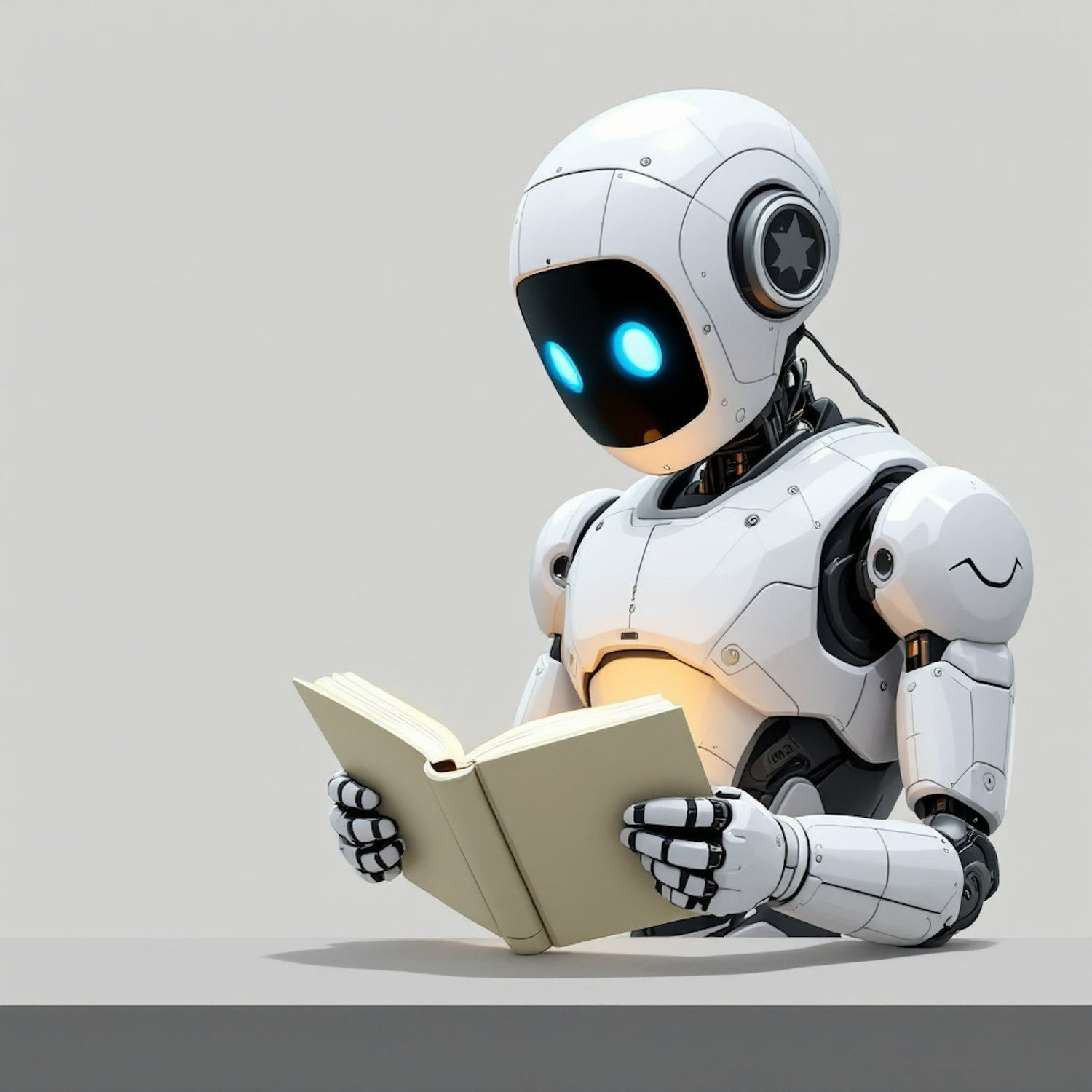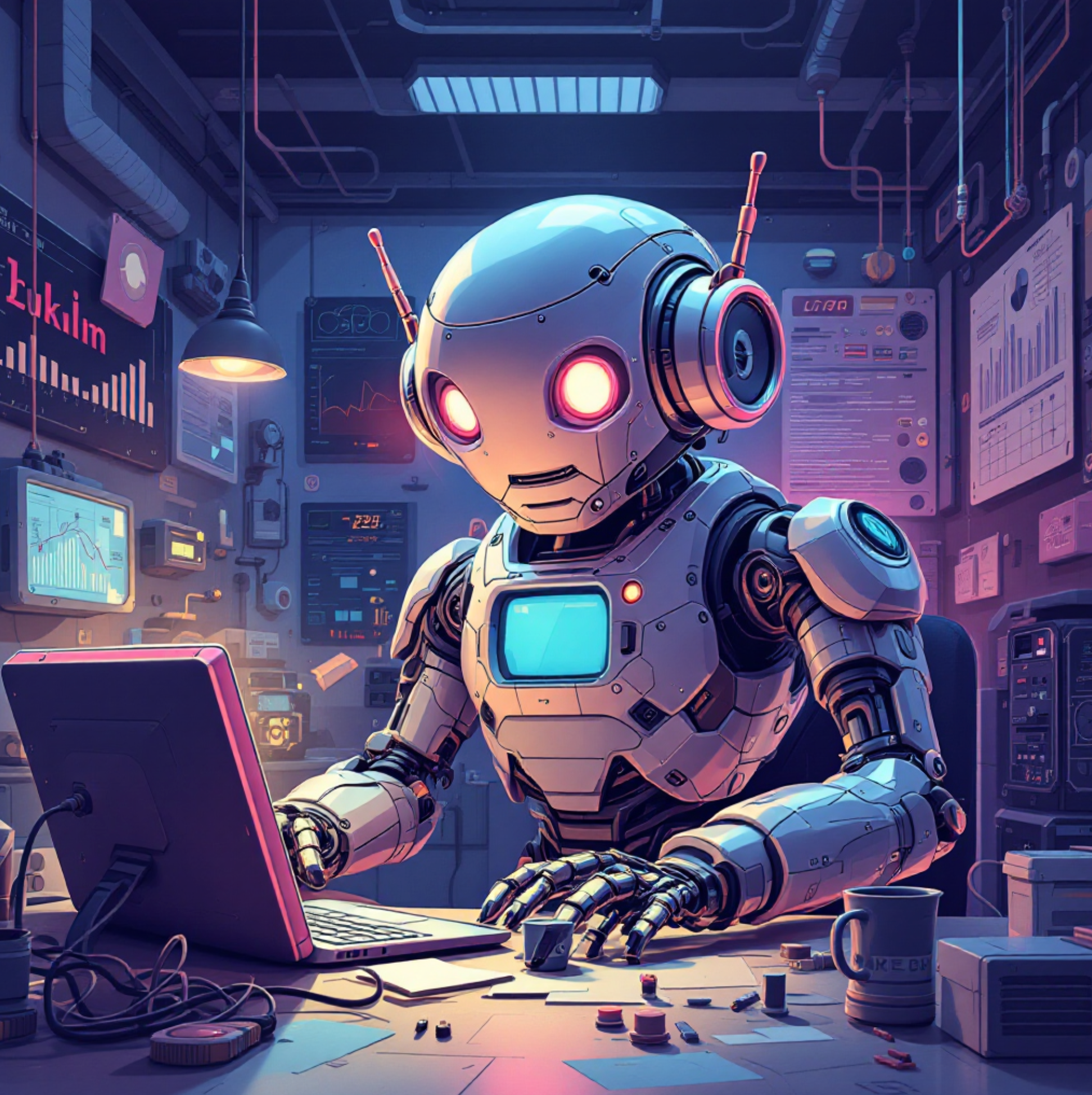In the rapidly evolving landscape of content creation, AI-driven storytelling is revolutionising how narratives are crafted and consumed. As artificial intelligence integrates into various media platforms, it offers unique opportunities and challenges for storytellers. In this blog, we'll explore how AI impacts storytelling and what this means for creators and audiences alike.

The Role of AI in Modern Storytelling
AI technologies are now employed to enhance creativity, automate mundane tasks, and create immersive experiences. Here’s how AI is making its mark:
Enhancing Creativity
AI can analyse vast datasets to generate plot ideas, character arcs, and dialogue options. Tools like OpenAI’s GPT models can assist writers by suggesting text continuations or new story directions, sparking creativity rather than replacing it.
Automated Content Generation
For time-constrained creators, AI can produce content drafts at lightning speed. Programs like Jasper.ai generate blog posts, scripts, and even books, allowing writers to focus on refining and personalising their narratives.
Personalising Consumer Experience
AI algorithms collect and analyse user data to deliver personalised content recommendations. Story platforms like Netflix and Spotify use AI to tailor their offerings, ensuring each user has a unique storytelling experience.

AI in Different Media Platforms
AI is wielding its influence across various media, including:
Film and Television
-
AI is used to analyse script success factors, predict box office performance, and even edit footage.
-
Virtual actors and AI-enhanced special effects bring unprecedented realism to screens.
Video Games
-
AI-driven story engines adapt narratives based on player choices, creating more dynamic and engaging game experiences.
-
NPC behavior is now richer and more responsive, thanks to AI algorithms.
Literature
-
AI helps identify trends and advise writers on plot structures through tools like AutoCrit.
-
New AI platforms are emerging to experiment with collaborative storytelling between humans and machines.
Challenges and Ethical Considerations
While AI-driven storytelling offers many advantages, it raises certain ethical issues:
-
Artistic Authenticity: Will AI dilute the personal touch of human creativity?
-
Intellectual Property: Who owns the rights to AI-generated content?
-
Bias in Data: AI’s reliance on existing data can perpetuate stereotypes and biased narratives.
These are critical questions for the industry and society to address as AI continues to evolve.
AI-driven storytelling is a transformative force, offering new avenues for creation and consumption. As we navigate the intersection of technology and creativity, the key is to embrace AI's potential while considering its implications. What are your thoughts on AI in storytelling? Share your opinions and join the conversation!



